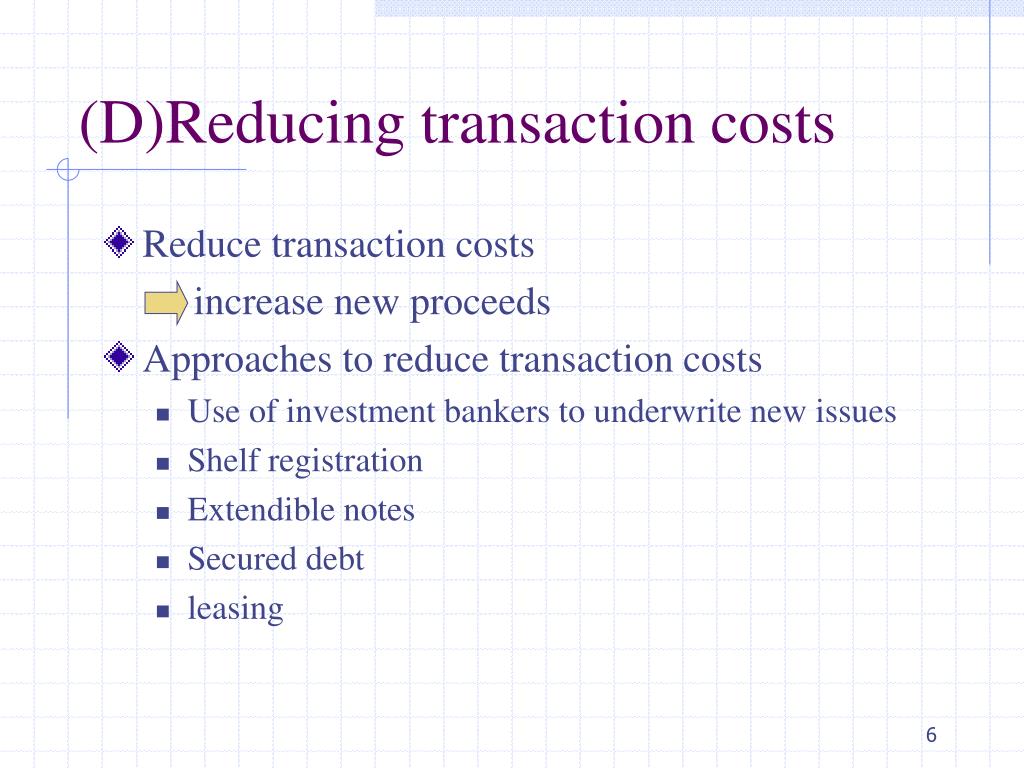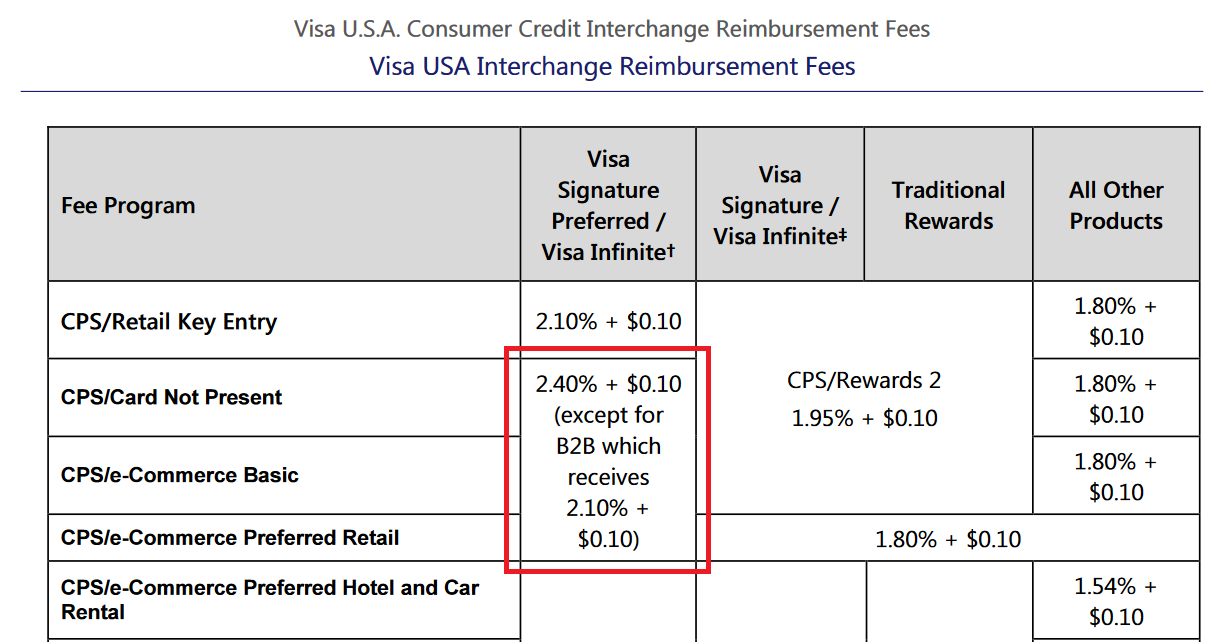

IB stated that it could not provide meaningful estimates based on the amount of time spent on certain aspects of the transaction because it did not keep time records. In response, IB sent Taxpayer a two-page letter stating that IB did not keep time records, and that its fee was not based on an hourly rate. Taxpayer advised IB that the day on which Taxpayer’s board of directors approved the transaction was the “bright line date.” The LetterĪfter the closing, Taxpayer requested that IB estimate the amount of time IB spent on various activities relating to the transaction. With the closing of the transaction, Taxpayer owed IB the success-based fee for its services. IB then performed other services until the closing of the transaction. IB identified and vetted a number of potential buyers, and ultimately recommended one buyer to Taxpayer’s board of directors, which approved the buyer. IB’s fee was not based on an hourly rate, but was based on a number of factors, including IB’s experience. The engagement letter provided that Taxpayer would pay IB a fee, determined as a percentage of the total transaction consideration, upon successful closing of the transaction (“success-based fee”).

Taxpayer engaged Investment Banker (“IB”) to explore a possible sale of Taxpayer and to identify potential buyers. The IRS’s Office of Chief Counsel (“CC”) recently considered the seller’s tax treatment of an investment banker’s fee. Where the costs must be capitalized – i.e., added to the basis of the property being transferred or acquired, as the case may be – they may reduce the amount of capital gain realized by the seller or, in the case of the buyer, they may be recovered over the applicable recovery period. Where these costs may be deducted, they generate an immediate tax benefit for the party that incurred them by offsetting the party’s operating income, thereby reducing the economic cost of the transaction. However, there is another economic element in every transaction that needs to be considered, but that is often overlooked until after the transaction has been completed and the parties are preparing the tax returns on which the tax consequences of the transaction are to be reported specifically, the tax treatment of the various costs that are incurred by the buyer and the seller in investigating the acquisition or disposition of a business, in conducting the associated due diligence, in preparing the necessary purchase and sale agreements and related documents, and in completing the transaction. In general, these principles are most often considered at the inception of an M&A transaction – specifically, when the decision is made to structure the deal so as to acquire a cost basis in the seller’s assets – and are manifested in the allocation of the acquisition consideration among the assets comprising the target business. It is a basic principle of M&A taxation that the more a seller pays in taxes on the sale of its business, the lower will be the economic gain realized on the sale similarly, the more slowly that a buyer recovers the costs incurred in acquiring a business, the lower will be the return on its investment.


 0 kommentar(er)
0 kommentar(er)
